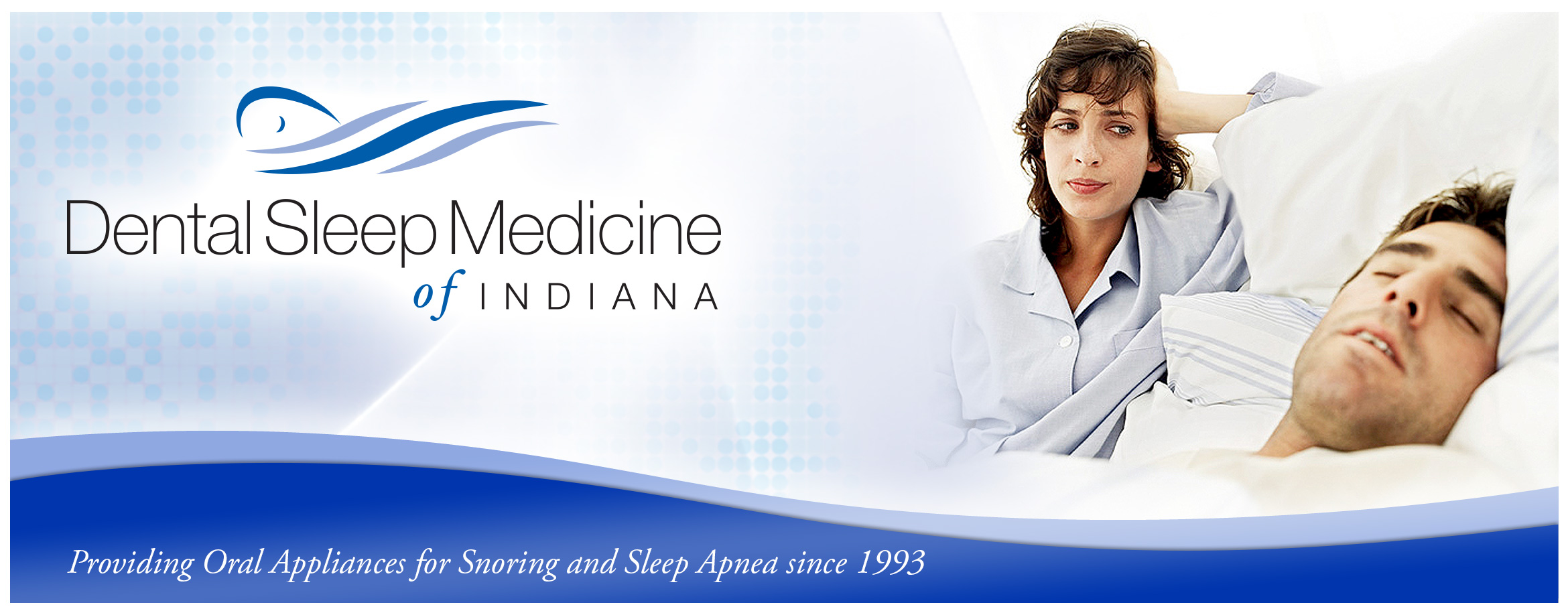

Questions & Answers
A. No. Since it's so common, most people assume it is only a nuisance to the bed partner and harmless to the snorer. That's wrong on both counts. Besides being disruptive to close relationships, snoring is a sleep-breathing disorder and can lead to serious health problems.
A. The tongue in snorers super relaxes during sleep. This makes it easy for the tongue to get sucked back each time a breath is taken in and be touched by the other tissues in the back of the throat. The result is a narrower airway with less oxygen to the brain. Also the sleep pattern is disturbed and the snorer misses out on some of the deeper, more restful levels of sleep.
A. The next day, snorers are less sharp mentally and physically. They may wake up with a headache; their days are not as much fun or productive as they would be with normal sleep
A. Yes. Snoring usually gets worse with time. Chronic snorers tend to develop high blood pressure, and are more apt to have heart and lung problems than non-snorers. Loud snoring may be a sign of a more serious sleep breathing disorder known as Obstructive Sleep Apnea (OSA). That is when the tongue and other tissues completely block the airway and the breathing stops periodically while snoring. This condition can be life threatening.
A. Yes. The FDA has approved the marketing of anti-snoring devices referred to as Oral Appliance (OA). The snorer wears it while sleeping, very much like an orthodontic retainer.
A. If Dr. Smith suspects that you have OSA, he will refer you to a physician for a more definitive diagnosis using an overnight sleep test. The physician will check to see if you have related medical problems.
A. The OA holds the jaw forward which keeps the tongue away from the airway. Also, the OA helps to keep the normal tension in the tongue and, therefore, more resistant to the suction of the airway. When the airway narrows, the air travels faster and results in vibrations in the throat that we know as snoring. When the tongue is sucked all the way back, the airflow stops and the result is OSA. (Apnea means "no breath.")
A. Tests done in sleep disorder centers on patients with OSA and severe snoring show an average of 85% reduction in breath stoppages and snoring when wearing an OA. All patients tested reported they feel more alert and energetic the day after wearing the OA. Our success has been since 1993.
A. Yes. There is the CPAP (Continuous Positive Airway Pressure). This is an apparatus with a face mask connected by a heavy gauge tube to a compressor that pumps air into the nose all night. Some patients find it difficult to tolerate due to the heavy pressures necessary. However, if used with the OA, lighter more tolerable pressures may be used, called combination theropy.
A. Most medical insurance policies will cover the OA when OSA is diagnosed. In the case of simple snoring, most policies do not currently pay for the OA. However, there is no question that for a snorer, the OA is the best investment he/she can make in his/her health and domestic tranquility.


